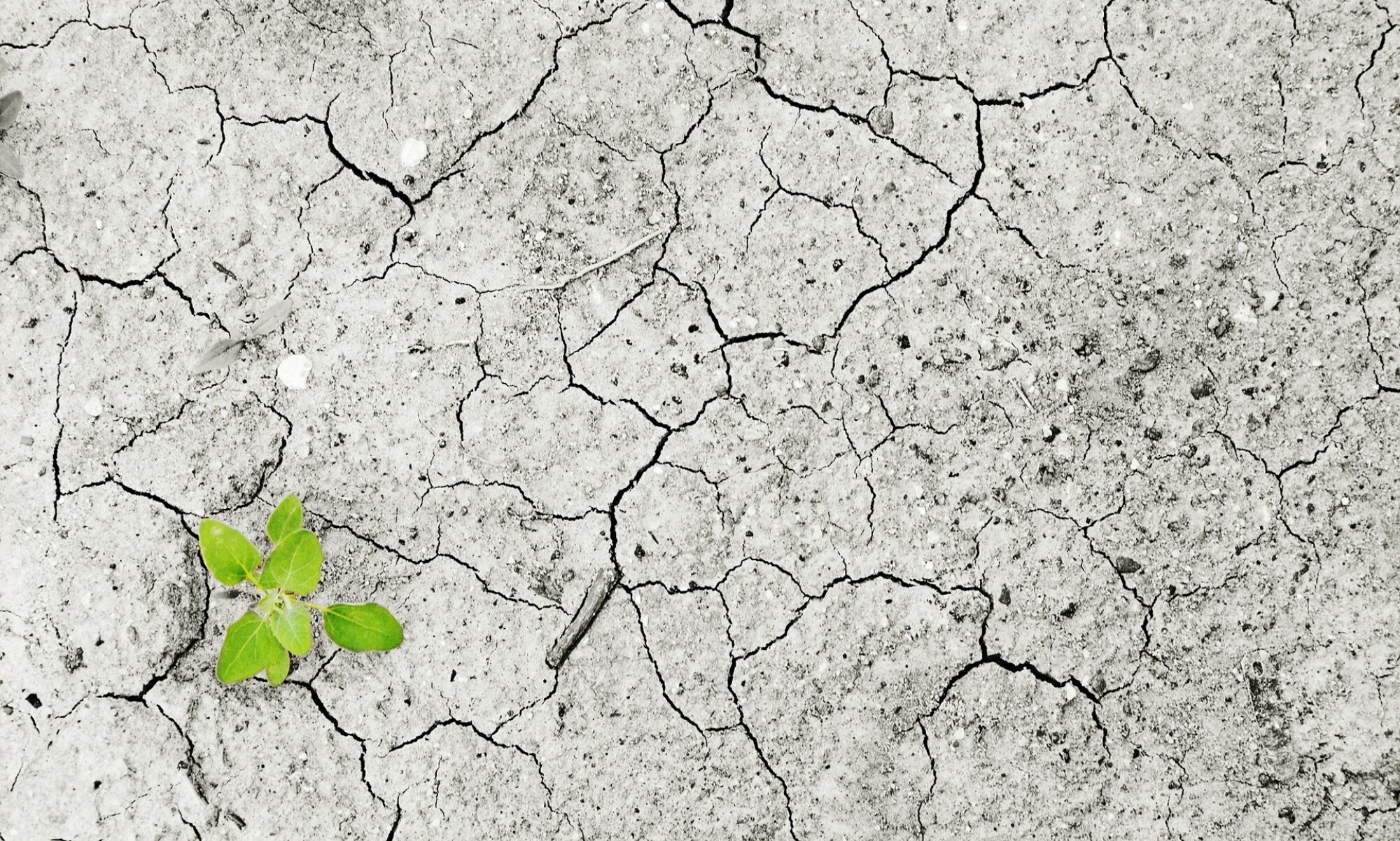Date: 11 December 2012
Court: European Court of Human Rights
Citation(s): Chagos Islanders v. the United Kingdom, ECHR, Application no. 35622/04 (11 December 2012)
Short summary
Former inhabitants of the Chagos Islands and their descendants brought an action to contest the U.K.’s bar on resettling the islands. The European Court of Human Rights affirmed previous judgments from U.K. courts barring the plaintiffs’ petitions for resettlement, in part due to the risks of climate change to the Islands.
Summary by: Luke Hancox
Click here to open the case in PDF format
Weight of decision
The European Court of Human Rights is the sole body positioned to adjudge claims lodged under the European Convention on Human Rights. Its rulings are generally, though not universally, recognized as valid and enforceable by European parties to the Convention.
Key facts
Between the mid-1960s and mid-1970s, the United Kingdom enacted legislation to expel or bar the return of the inhabitants of the Chagos Islands. This was done to facilitate the construction of a United States military base on the island of Diego Garcia. This action was brought by those former inhabitants and their descendants (1,786 people). The applicants brought their action under Articles 6 & 8 of the European Convention of Human Rights (ECHR).
The litigation of this case involves multiple cases in domestic U.K. courts over the past 50 years regarding the events surrounding the colonization and eventual expulsion of inhabitants of the Chagos Islands.
On 8 November 1965, the British Indian Ocean Territory (BIOT) Order in Council (SI 1965/120) established a new colony, including the Chagos Islands and other islands formerly part of the Colony of Mauritius and of the Seychelles. When agreeing to give the U.S. military access to the islands, the
U.K. treated the islands as having no permanent population in order to avoid obligations under the United Nations Charter. They claimed the population was overwhelmingly migrant workers who no longer had jobs because the plantation operated on the islands had been acquired by the U.K. government to transfer to the U.S.
As a result of the above acquisition, the islands’ inhabitants were evacuated. The BIOT Commissioner passed an ordinance in 1971, making it unlawful and a criminal offense for anyone to enter or remain in the territory without a permit. The evacuation caused immeasurable damage to these communities by uprooting their lives and forcing resettlement elsewhere. The U.K. government paid 650,000 pounds sterling (GBP) to Mauritius to aid the resettlement effort.
A 1975 case brought in the High Court of London led the U.K. government to settle all claims with the islanders. The settlement resulted in monthly payments of 2,976 GBP a month to 1,344 Chagossians between 1982 and 1984. In 2000, a case challenging the 1971 Order was brought in London. The court held that the islanders had no permanent right to the land or its use but that the Order was nevertheless invalid as outside the scope of authority of the BIOT Commissioner. This led to the bar on entry to the islands by the former inhabitants being lifted. However, none of these inhabitants went to live on the islands afterward. The U.K. government also began a study to determine the viability of resettlement of the islands after this case.
Continued on the next page…

